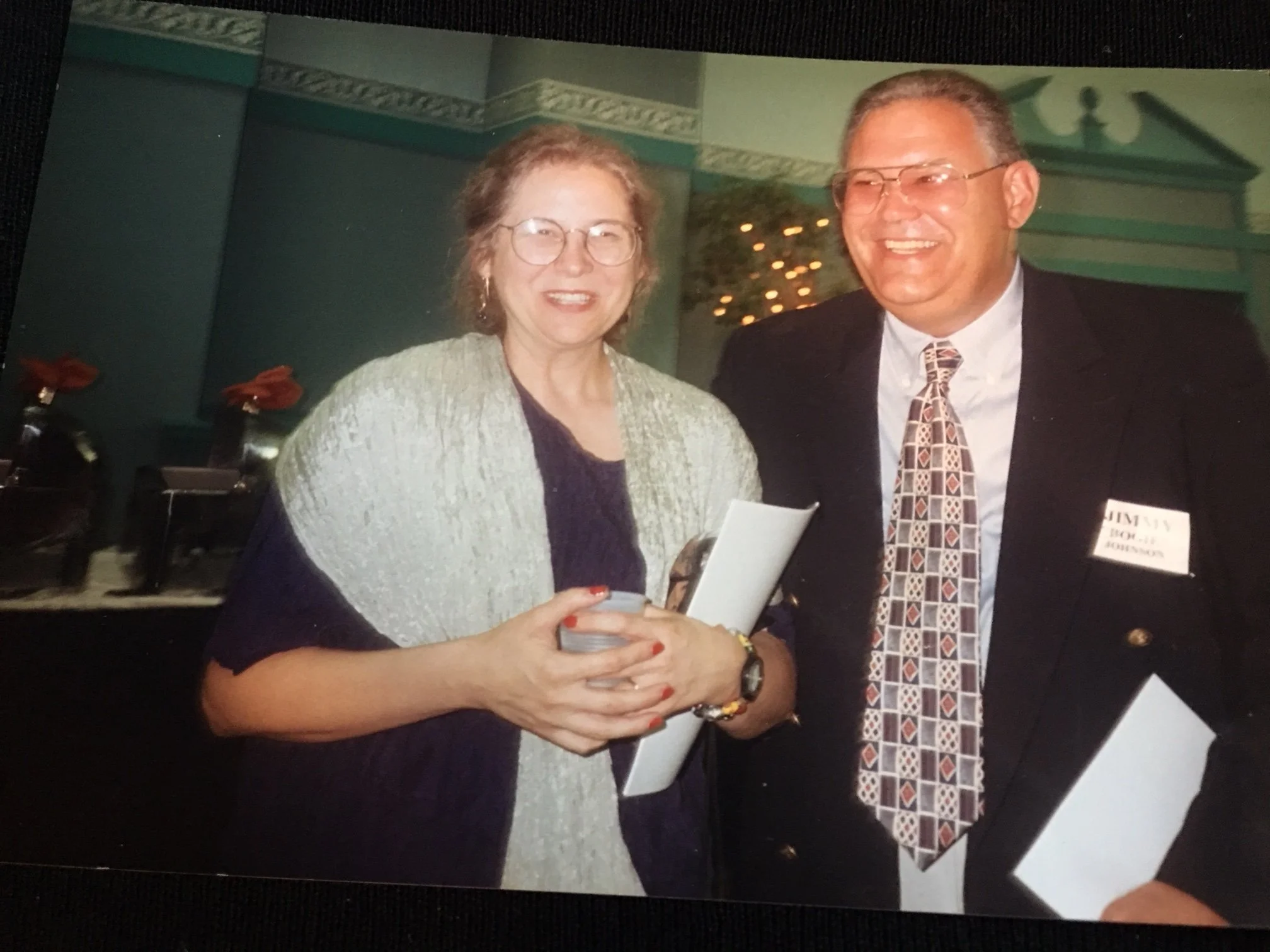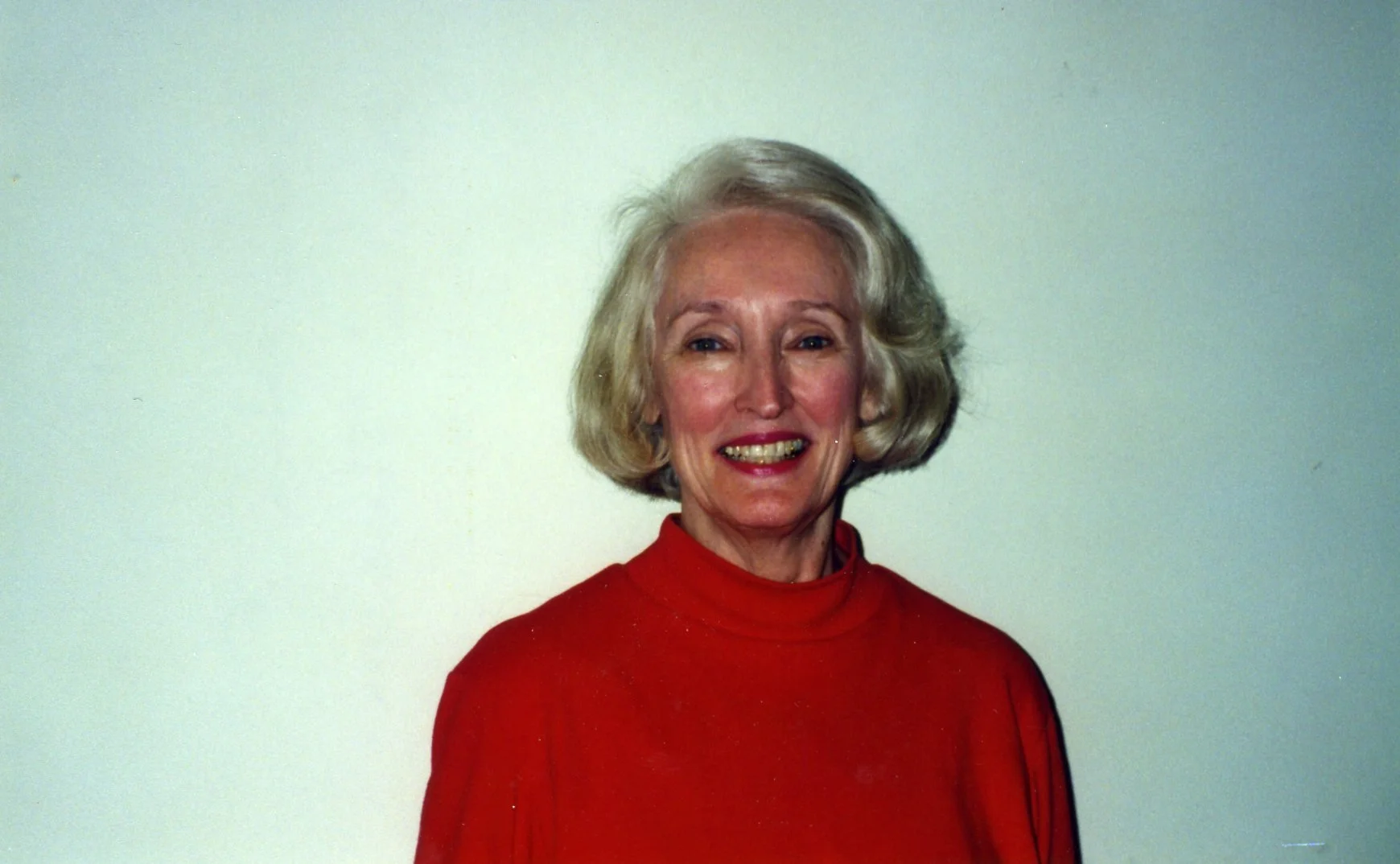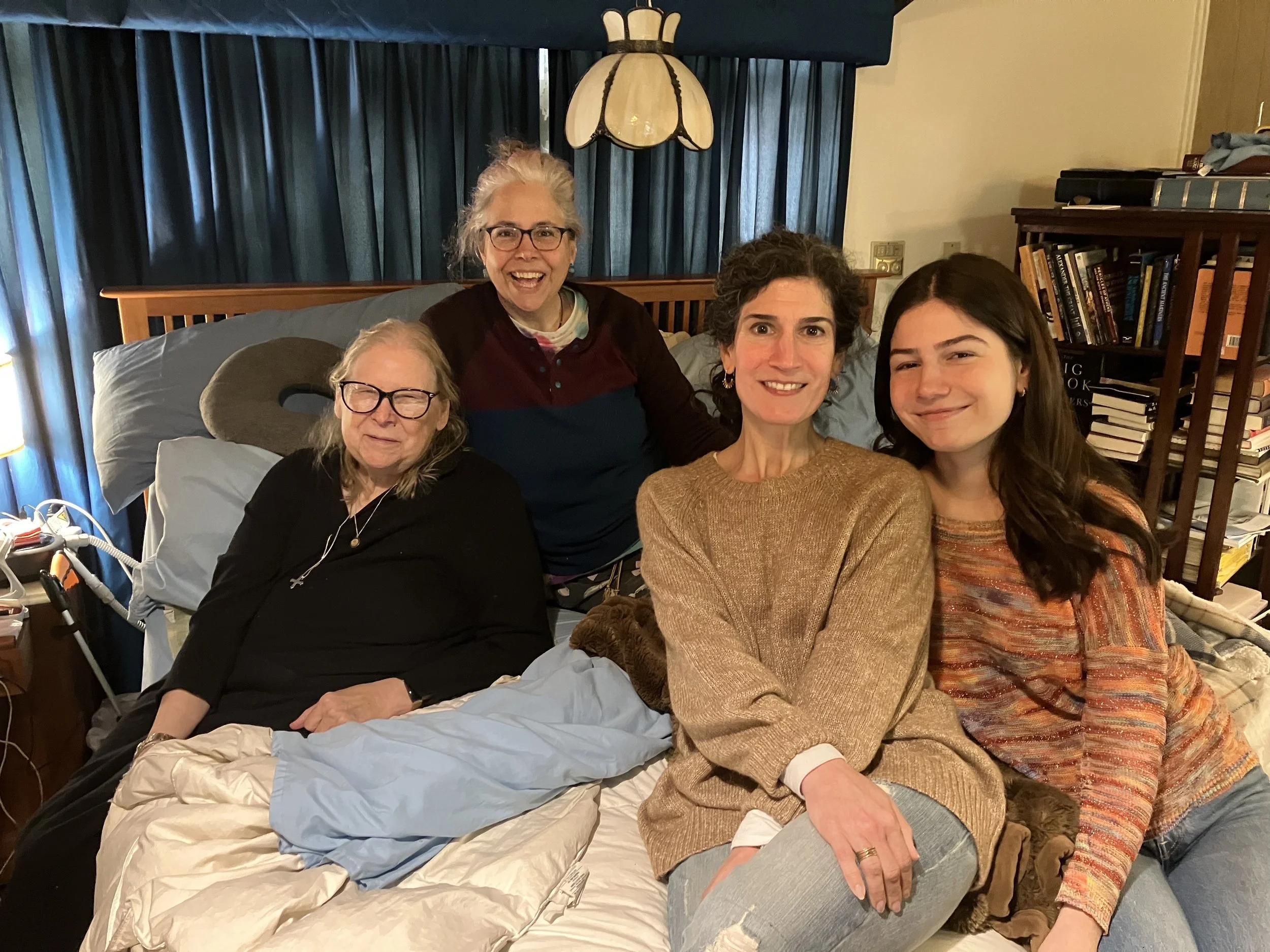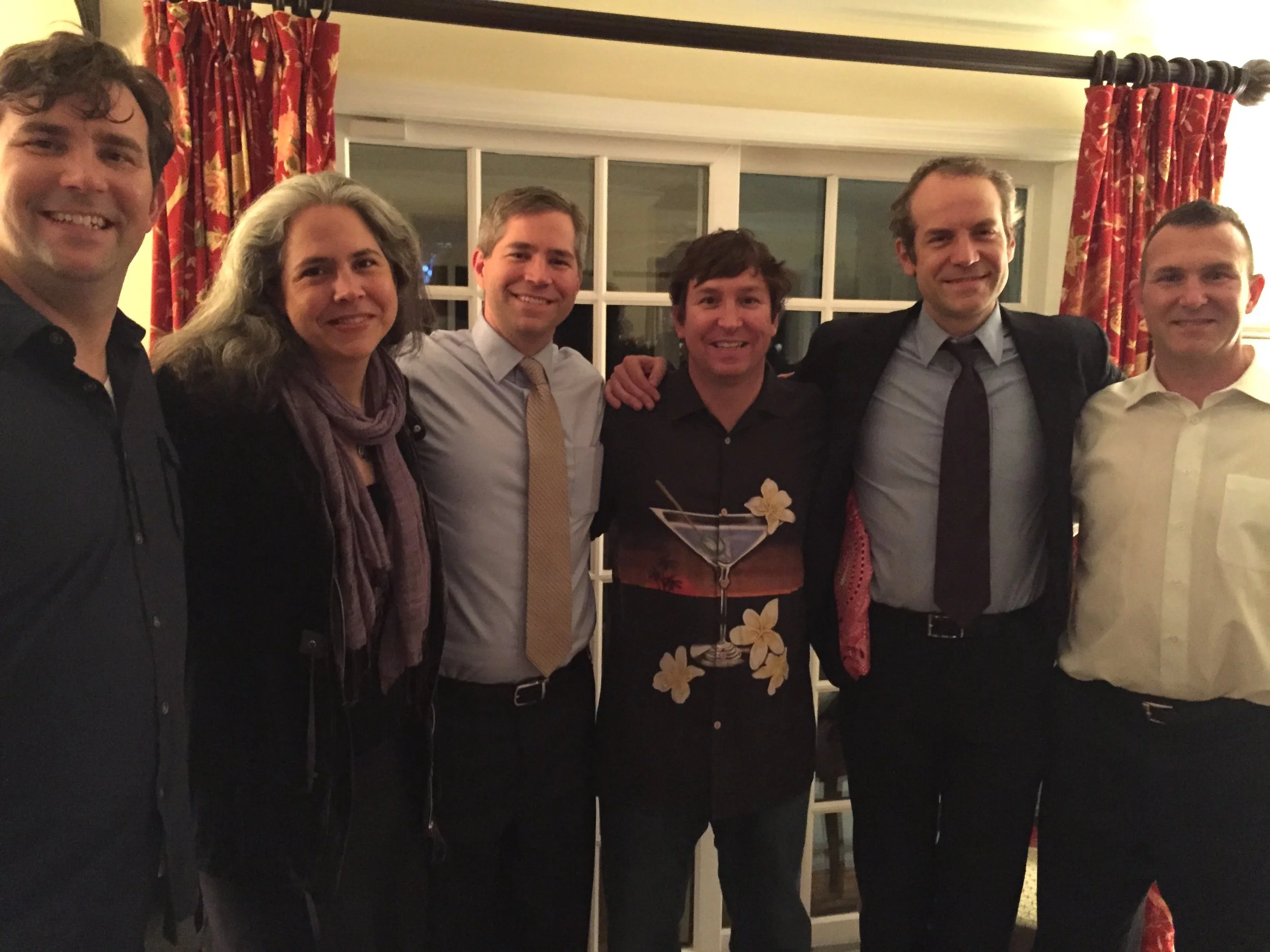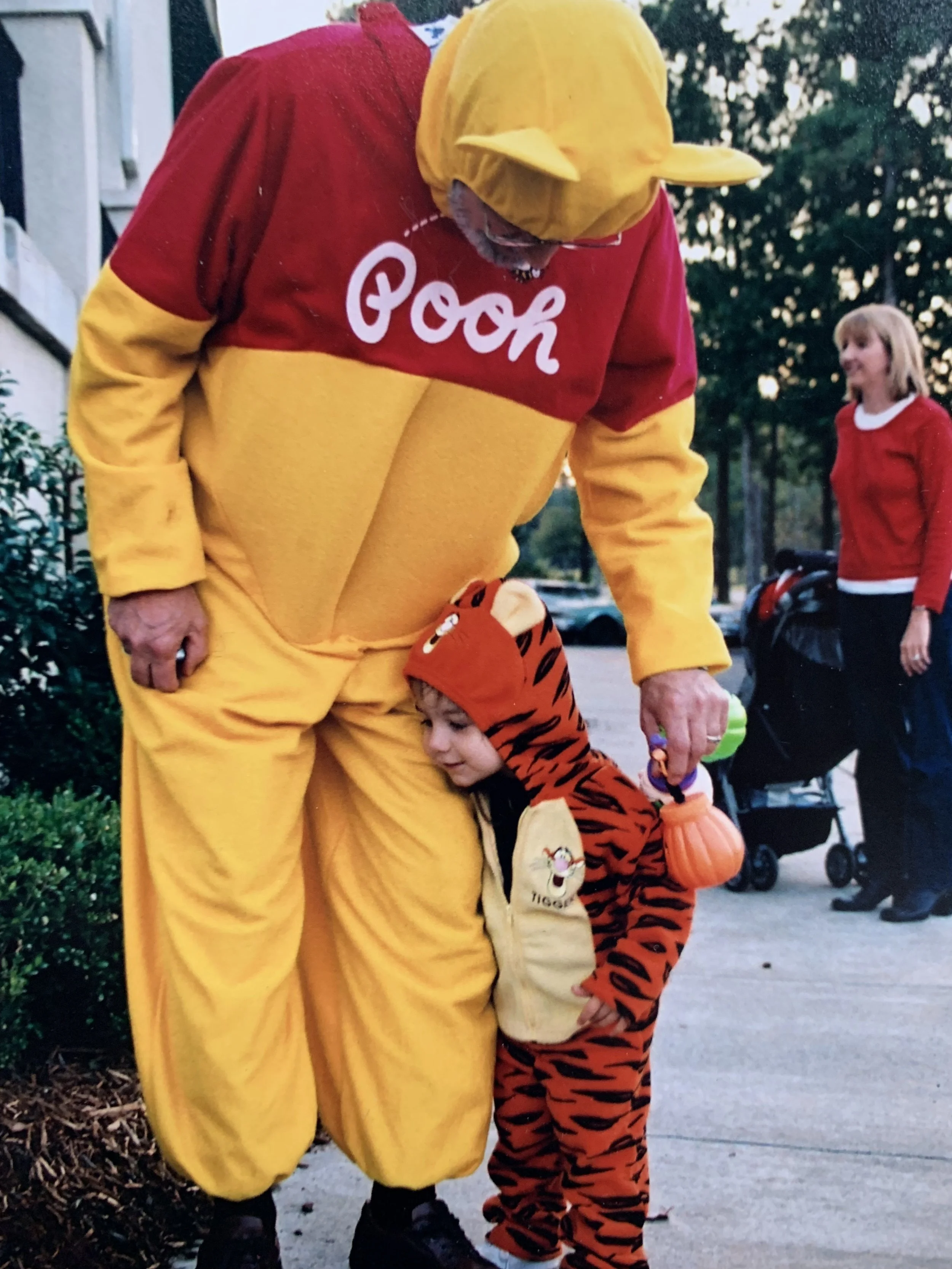Love Never Dies
“Love never dies.”—1 Corinthians 13:8.
I have heard this passage from 1 Corinthians about love many times, but when I heard it recently, directly from our friend Paul and our preacher Michael McCain, I could not keep back the tears. I have told grieving people that their love for and from their loved ones is still there and never dies.
I don’t understand it. It is a mystery. I look at pictures of my loved ones who have died, my brother and my grandparents, and I can feel their love as I send it to them.
Frederick Buechner and Henri Nouwen tell us that our bodies die, but our mutual love somehow returns to God and is kept for all eternity.
If you are a mystic, you have no difficulty understanding this. However, this may be a challenging concept for individuals who primarily rely on rational thinking.
Why did this passage move me that Sunday? As I grow older, I am often overwhelmed with how I will miss friends and family members when death separates us. Yet, I suddenly know in my heart that our love for each other is still there.
Our love for them is ongoing, as is their love for us. We will never be without that love. I believe that, in some mysterious way, this love never dies and is carried forward into eternity to transform ourselves, others, and the universe.
Today, I give thanks and share with you the love of friends who have died: my younger brother, Jimmy, my parents and grandparents, and friends, Phyllis, Kay, Hap, Rosemary, Pat, Karen, and Sally.
